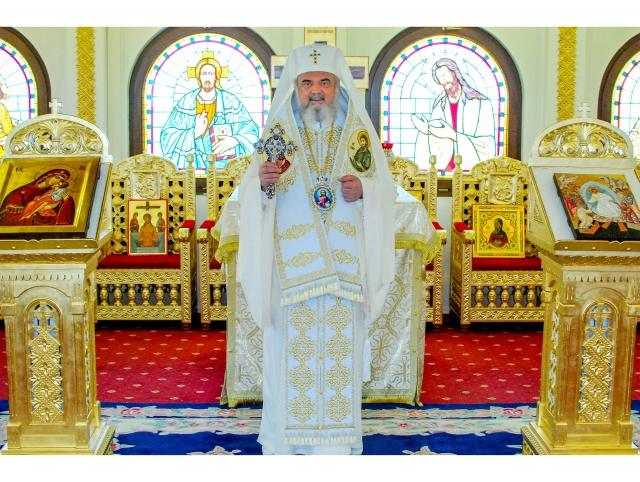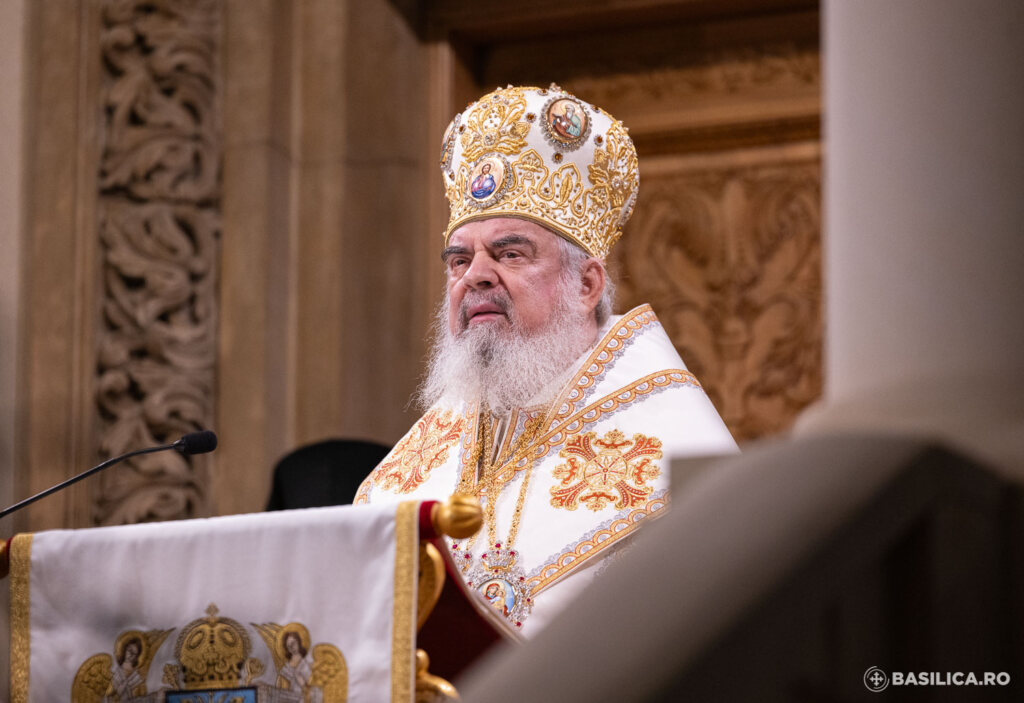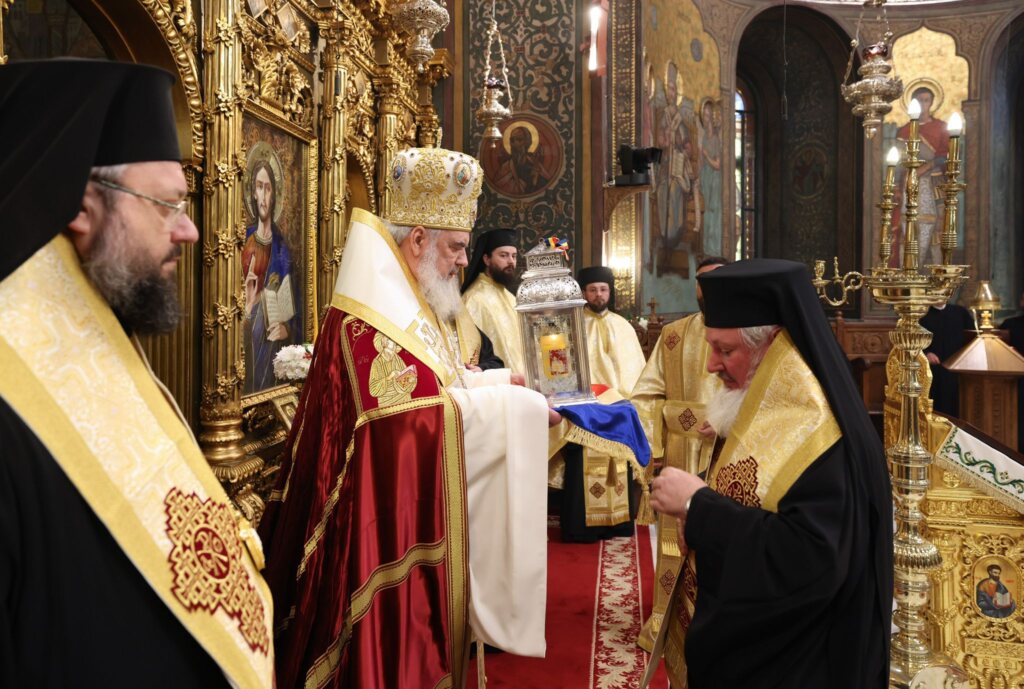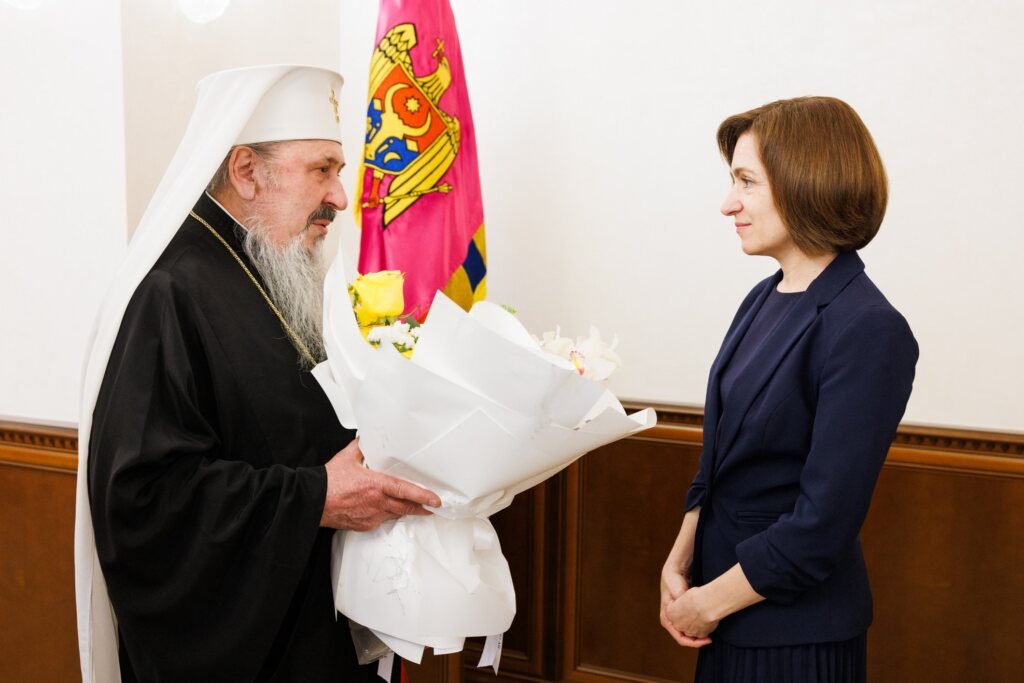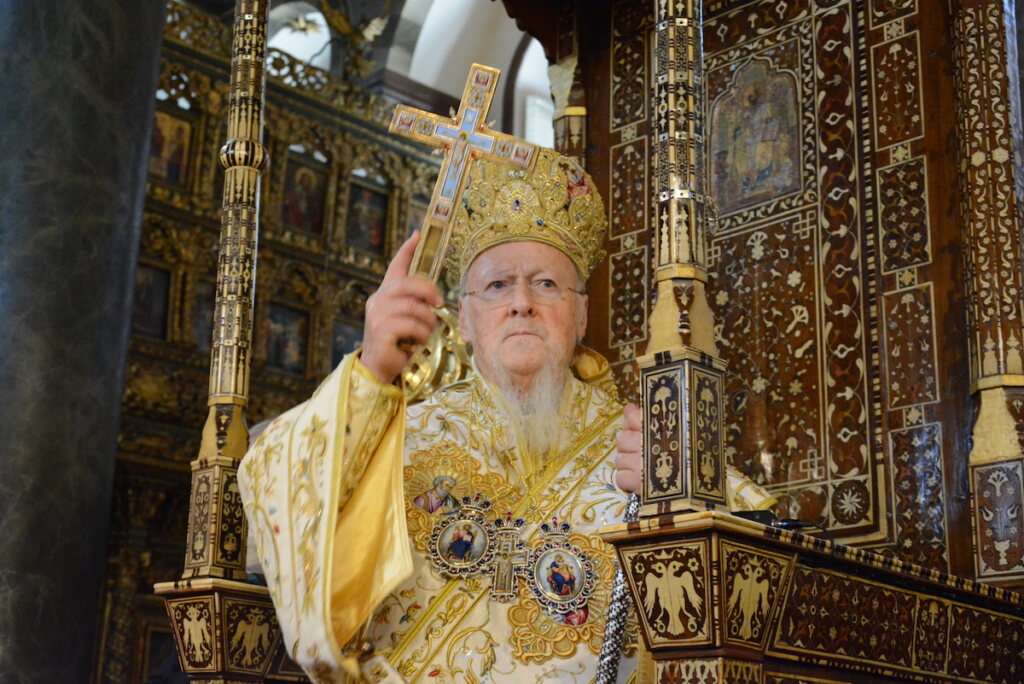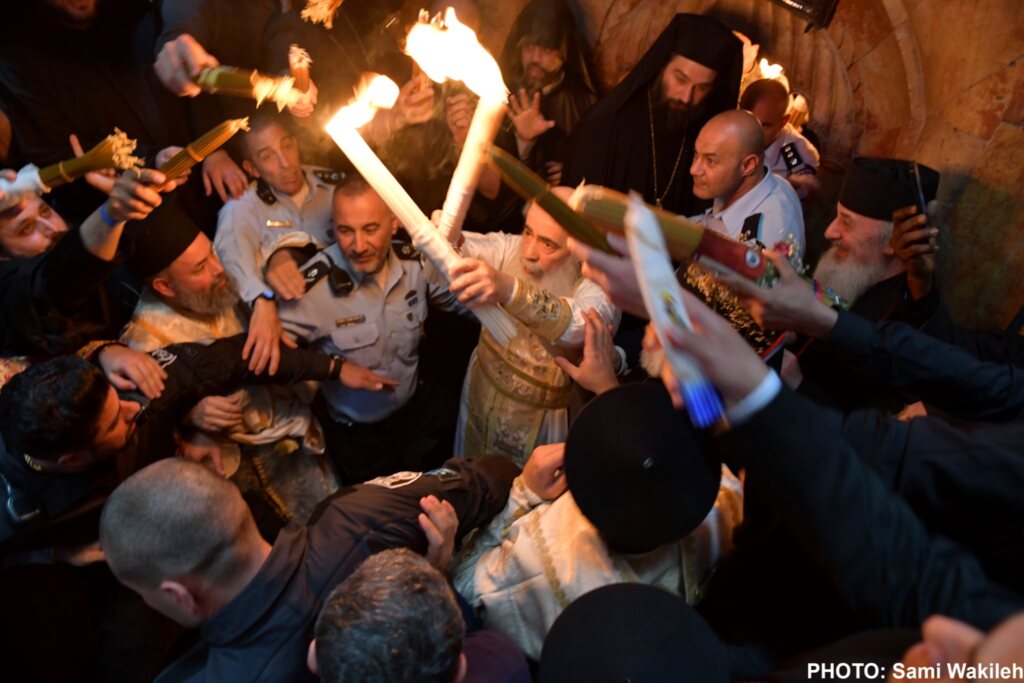Today, 6 April 2014, the Orthodox Church is on the Sunday of Pious Mary the Egyptian, the fifth of the Lent.
His Beatitude Patriarch Daniel explained the symbolism of the Gospel of the day in the sermon delivered in the chapel of the Patriarchal Residence dedicated to Saint Gregory the Enlightener: “The Gospel of the 5th Sunday of the Lent shows us that Lord Jesus predicts His death and Resurrection. He initiates His disciples in the mystery of His Passions caused by the humans’ sins. On the other hand, we see that His disciples, who were ordinary people, fishermen, could not understand from the very beginning the mystery of the Saviour’s Passion, Death and Resurrection, but gradually. We see in the disciples’ behaviour our human nature, with all its weakness and temptations coming over it. But we also see how the grace of our Lord, Jesus Christ, works for raising and healing the human sinful nature, how He enlightens it, little by little, in order to make it know the mysteries of God and get into the life giving communion with Him”.
“We learn from today’s Gospel that we can be tempted, just like the Lord’s disciples in ancient times, by the passion of the vain glory, by the desire of priority, by the wish to be more appreciated than other people. Thus, this passionate desire causes other passions to those around, namely envy and fury. Thus, the communion of love among humans is weakened and the true relations of fraternity among humans are damaged, losing the joy of the communion. But Christ, our Saviour, teaches us that the devoted love towards our fellow beings and aiding or serving them makes the way leading to salvation, to the union of man with God and to the joy of harmony in the human community. Therefore, the true honour comes from somebody’s position of devoted servant or merciful helper of his fellow beings, no matter the rank he has in the community or society”, His Beatitude Daniel concluded.
Prayer united with repentance and fasting helps the sinners become saints.
The Patriarch of Romania showed that we remember her on this day also called the Sunday of Saint Pious Mary the Egyptian, because she is a model of repentance for all people: “Saint Pious Mary the Egyptian (celebrated on 1 April) shows how wonderful the grace of God can work in the man who repents. She has been celebrated on the 5th Sunday of the Lent since the 11th century, while her cult was attested before her Life was published, written by Saint Sofronie, Patriarch of Jerusalem. The grace of God changes the sinful man who really repents so much that He makes him partaker in the glory of the Kingdom of heaven which the saints foretaste ever since this life. In other words, the example of the life of repentance and holiness of Saint Pious Mary the Egyptian is a spiritual strengthening and hope for all people who want to be saved, to deify their life, no matter how sinful they may be at one time. Due to her conversion or spiritual change through repentance, Saint Pious Mary the Egyptian is called “angel in body” in the chants of the Triode of the 5th Sunday of the Lent, because she crucified her body’s passions and reached the resurrection of the soul through the death of the sin, deifying her soul and body with the help of the divine grace. One such chant says: Not knowing the divine commandments you defiled the divine image; but you purified it through divine care, you pious saint, through your holy deeds”.
To end with his speech, His Beatitude Daniel said: “Just like the Sunday of John Climacus, the Sunday of Saint Pious Mary the Egyptian prepares us to spiritually progress to the Saturday of Lasarus, to the Palm Sunday and to the Week of the Holy Passions of the Lord, and then to reach the light of the Holy Easter, to the glory of God and the joy of all people”.
